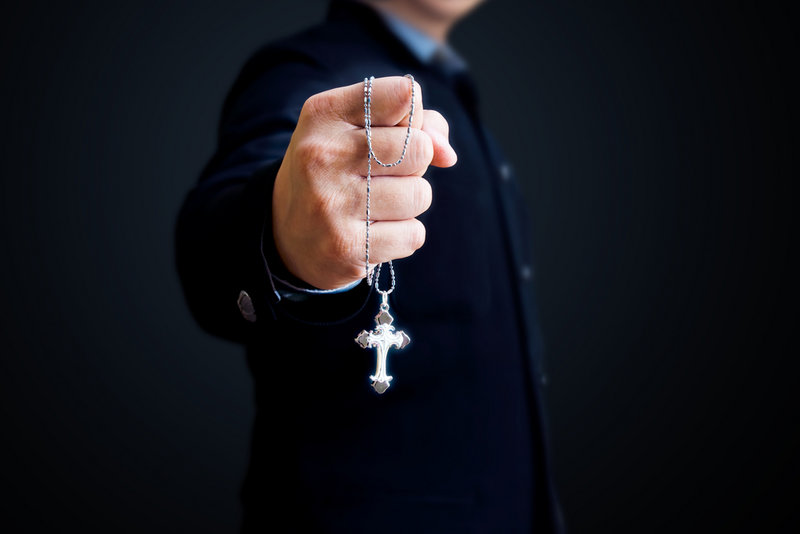The Rev. James Vallely is long dead, but the harm he did is alive and well. The Roman Catholic priest left behind a long list of sexual abuse victims, both male and female, from his career in Portland, South Berwick and other parishes throughout the state from 1958 to 1988. He died in 1997 at the age of 75.
Vallely’s name has come up repeatedly over the years as the sexual abuse scandal roiled the Catholic Church, starting in Boston and spreading across the country and even around the world. Every time a victim came forward, others found the courage to do the same.
Vallely was on a list the Diocese of Portland released in 2005 of deceased priests subject to sexual abuse allegations that had been substantiated by investigators. If Vallely and seven other priests had been alive in 2005, church officials said, their names would have been sent to Rome with the request that they be removed from the priesthood.
His name is in the news again because two brothers last week filed a lawsuit against the diocese, charging that they were abused by Vallely during the 1970s, at a time when the church either knew or should have known that he was a sexual predator.
The brothers say they have come forward now because they only recently found that Vallely’s superiors had information that could have prevented their abuse.
Suits like these are very complicated, and there is a long road between filing the case and its resolution. But this is not the first time Vallely’s name has been linked with abuse, and even though he’s not around to defend himself, the diocese is — and it should be held accountable for what was done or not done during those years.
The case brings up two important points about sexual abuse. The first is that institutions matter. A predator can use the reputation of the church (or the Boy Scouts, or the Penn State football program) to get close to vulnerable children. Unfortunately, the same connection to the institution that lets an abuser get close to a victim or the victim’s family can also help him hide when he should get caught. Institutions protect themselves, and too often people who should know better protect the abuser, thinking they are protecting the institution. People in authority should always fight the instinct to look out for their own.
The other point is that the pain caused by this crime does not go away, even with the passage of decades. We all should do whatever we can to prevent abuse and support its victims.
Send questions/comments to the editors.



Comments are no longer available on this story